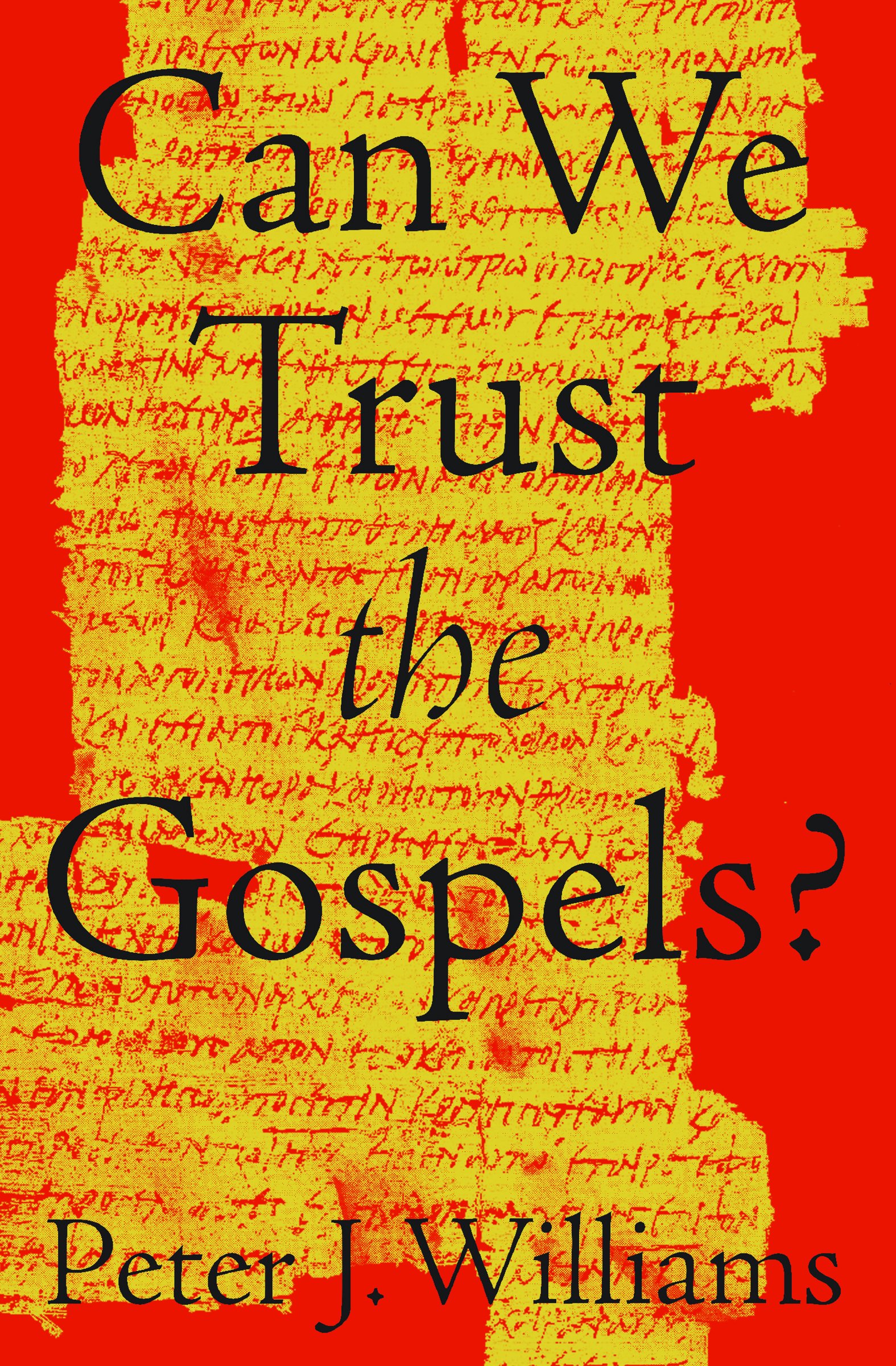Here's what I think of it...
Topflight scholarship at a layman's level.
I loved this book. Williams has opened up a mine of
information that anyone can access. He has taken the scholarly tomes of (for
example) N.T. Wright (The Resurrection of the Son of God), Richard Bauckham (Jesusand the Eyewitnesses) and others and made them available to the non-scholar
in this very enjoyable book.
Williams commences in chapter 1 by showing that the
non-Christian, extra-biblical accounts about Jesus tell the same story and
paint the same picture as the Gospels and Acts, yet they clearly weren't
dependent on them.
He then gives us in chapter 2 information on the composition
of the four Gospels – what sources were used and when they are reckoned to have
been written (he presents the majority view on the dating but states that he
believes they were written earlier, however, he wants to show that the later
dates don't affect his argument for their reliability).
Chapter 3 was really good. Williams demonstrates that the
Gospel writers were familiar with the time when and the place where the alleged
events took place. This is evident in the geography recorded, the names employed,
the debates recounted, the customs narrated, and the botanical, financial and
theological terms used. Williams contrasts the four Gospels’ attention to and
accuracy with details with the later apocryphal Gospels. These later “Gospels”
show no knowledge of the land, customs or names of first century Israel.
Chapter 4 deals with the subject of undesigned coincidences.
This is a great argument that Lydia McGrew has recently written about (Hidden in Plain View). The previous
chapter showed that the Gospel writers knew the scene in which their story was
set, but this chapter shows that their story took place, because the four
accounts interlock in a way that couldn’t have been manipulated by the authors.
Chapter 5 gives evidence that the speech attributed to Jesus
really came from Him. This is done by pointing out embarrassing details that
Gospel writers wouldn’t have invented, the genius of His words that Gospel
writers couldn’t have invented, and then features of His teaching that were
dissimilar to what came before and after Jesus (thus, the Gospel writers didn’t
get it from the Old Testament, nor did they get it from what Paul wrote). He
shows that while there are differences between the Synoptic Gospels and John,
there are similarities that can only reasonably be explained if they all recorded
accurately what Jesus actually taught.
Chapter 6 defends the integrity of the manuscripts we have,
showing that there is no reason to think that the text has been changed in any
significant way, and in fact there are good reasons to believe it hasn’t and couldn’t
have been changed in any significant way.
Chapter 7 deals with the subject of contradictions, and
shows that the alleged contradictions in the Gospels are based on misunderstandings
of the author’s / authors’ intent. Often there is a deliberate superficial “contradiction”
that is intended to make us stop and think. It is uncharitable and shallow to
immediately conclude the author made a mistake.
Chapter 8 is entitled “Who Would Make All This Up?” It shows
that the writers had no good reason to invent what they wrote. Williams sets
out the historical evidence for the Gospel story and shows that it fits
beautifully with the foreshadowings of Old Testament history, demonstrating that
the Bible unfolds God’s great plan of redemption. Williams points out that the
notion that the Gospel writers cobbled together independent, interlocking
accounts of the same made-up events (complete with embarrassing details and
corroborated by non-Christian sources) to match with Old Testament narratives,
when it would bring those writers no temporal or eternal profit, is a much
poorer explanation than the one which says that the Jesus recorded in the
Gospels is the Messiah promised in the Old Testament.
I encourage everyone to get this book – you’ll not be sorry.
